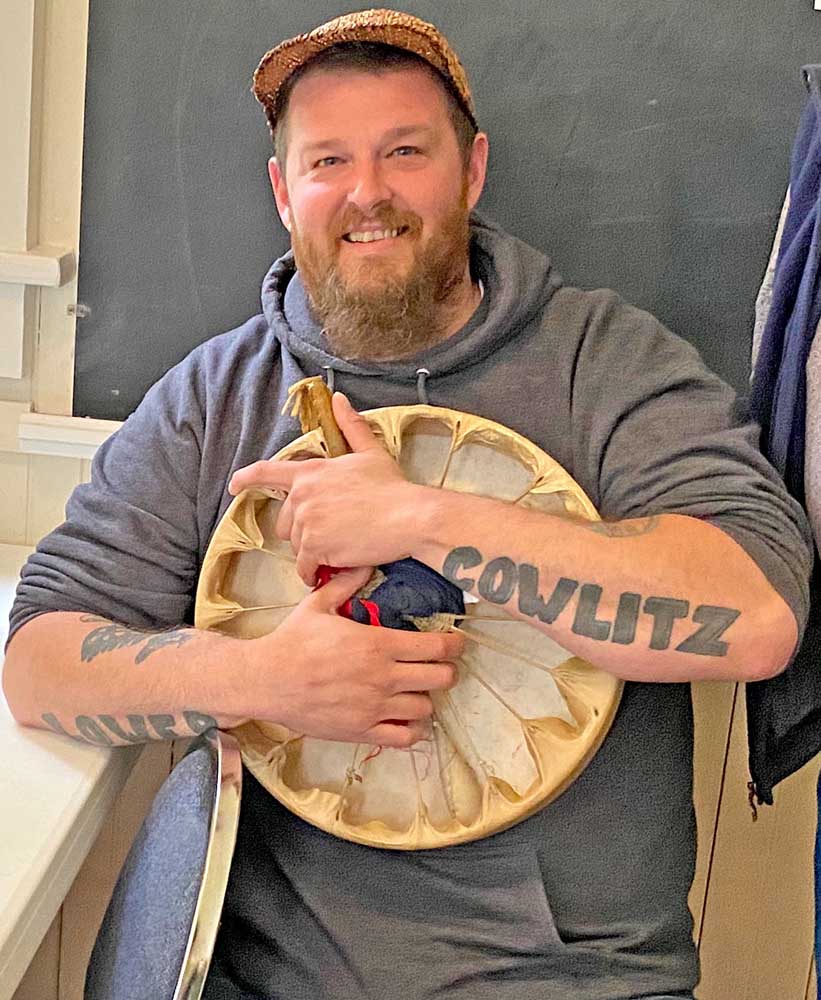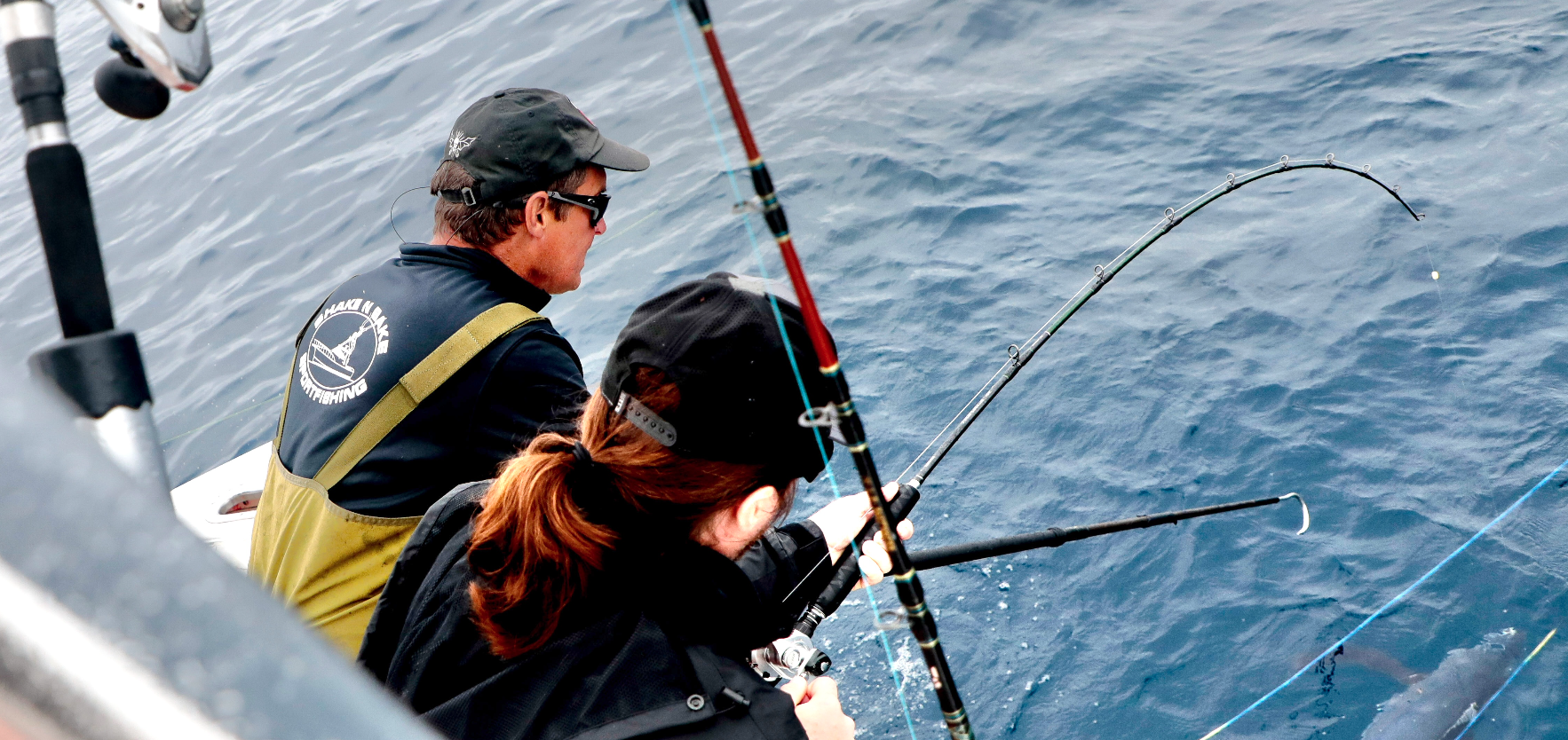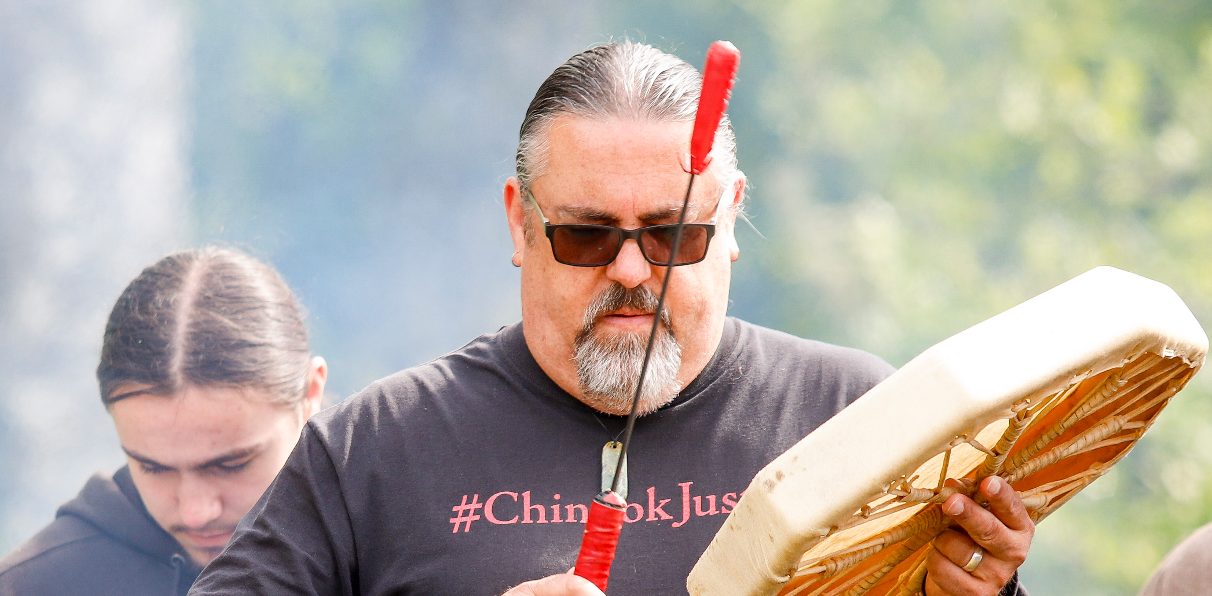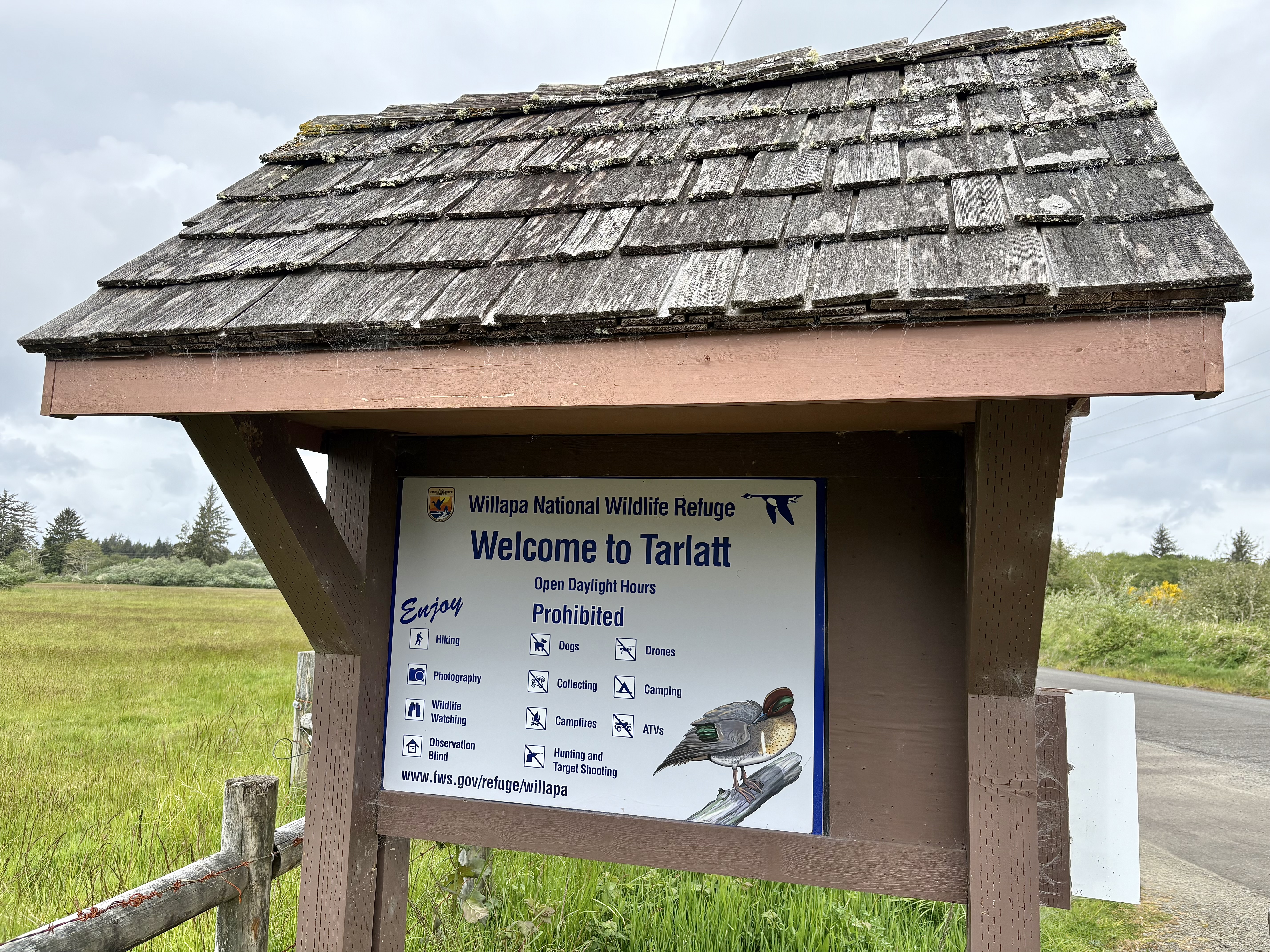Coast Chronicles: ‘Junuary’ goings on around town
Published 7:50 am Monday, June 20, 2022

- Cowlitz Tribe drummer and song leader Jeramiah Wallace led other tribal members Chip, Ricardo Rodriguez and Terry Graves in songs honoring Bud at his Commemoration of Life.
The interrogation of lawn
The lawn controversy continues, especially in California and the southwest — places where unusually high temps seem to be shocking everybody. (We’ve only been talking about the effects of climate change since the ‘70s.) Water is becoming, as we knew it would, a precious commodity, and a lawn is a decidedly ridiculous way to waste it. The lowering of water volume in innumerable lakes and reserves continues apace, including recent warnings about the Great Salt Lake which has lost nearly two thirds of its volume.
Christopher Flavelle, writing in the New York Times, states “The Great Salt Lake continues to dry up, threatening the 10 million migratory birds that stop at the lake annually to feed on the tiny creatures.” But danger to humans is also involved. “The air surrounding Salt Lake City occasionally turns poisonous. The lake bed contains high levels of arsenic and as more of it becomes exposed, wind storms carry that arsenic into the lungs of nearby residents, who make up three-quarters of Utah’s population.”
Then there’s talk about water rationing and renegotiations for the Colorado River which feeds Lake Powell, now down 100 feet and only one quarter full; the falling water level also threatens power generation. (Watch this critical number: if water falls to 3,490 feet power generation will stop; the reservoir is currently at 3,526 feet.)
Here we’ve set records for excessive rain in many towns and cities as yet another “atmospheric river” storms through the Pacific Northwest. The NWS news thread states “six of our climate reporting sites (Bellingham, SeaTac, WFO Seattle, Olympia, Quillayute and Hoquiam) set new marks for most June 9th rainfall on record!” (twitter.com/NWSSeattle).
I’m starting to get crabby about not having at least some sun-windows during these cloudy wet days. And, even if we are blessed with rain when other places are not, there are more productive and healthier ways to use our yards. A lawn has to be continually mowed or is excessively fertilized or blasted with pesticide and does no real good in the natural world’s grand scheme of things.
Lawn shaming
So “kill your lawn” is a trend I’m loving. In “Yes, You Can Do Better Than the Great American Lawn” (tinyurl.com/2p8j8n83), many alternative ground covers are suggested: low growing wild strawberries (Fragaria virginiana); partridge pea (Chamaecrista fasciculata); sky-colored bluets (Houstonia caerulea); American self-heal (Prunella vulgaris subspecies lanceolata); arrowhead violet (Viola sagittata); anise hyssop (Agastache foeniculum) or mountain mint (Pycnanthemum muticum).
I’ve yet to check with my go-to garden guru Rachel Gana to find out which of these she might suggest for our climate — but there are many choices that provide nurturance to wildlife, pollinators, and such. I love flea bane, clover (red or white), those cheery tiny buttercups, even dandelions, and I do have lots of volunteer beach strawberries in corners of my yard. As a modest start, just raising your mower blade to three or four inches will encourage a different mix of vegetation. And by the way, here’s a great project I wholeheartedly support: Homegrown National Park (homegrownnationalpark.org) — a call to action for individuals to regenerate biodiversity. Plant natives and get on the map! OK, ‘nuf said for now.
Gathering of remembrance
I spoke last week to Al Hendrix leader of the Quaker Lower Columbia Worship Group. They are sponsoring a Gathering of Remembrance event this Sunday, June 26 at the Ocean Park Timberland Library community room at 1308 256th Place from 12:30 p.m. to 3:30 p.m.
As Al says, “We wish to draw attention to the escalating violence in our schools, with particular attention to the Uvalde, Texas deaths since those are still fresh in our minds. So we’re hosting a remembrance and vigil for all the students and teachers who’ve died in schools. Visitors may come and go as they need to. This is not intended as a political gathering, so please leave those comments for an appropriate venue.”
“All who wish to join us in the silence to honor the victims, offer prayers or poems, or seek divine guidance are welcome to join us for a few minutes or a few hours as each feels led to participate.”
Al, who was a teacher for many years, has done a lot of thinking about and research on violence in the schools. He compiled a little of his research and wrote me, “In the 19th century school violence was so rare they didn’t even begin recording incidents until around 1848, and there are only four pages of events for the whole century. The 20th Century is another story, especially beginning in the 1960s. The 20th century ended with 38 pages of casualties. The first 22 years of our 21st Century show around 51 pages of deaths and serious injuries and we still have about 77 years to go in the century!”
There will be a Zoom component, for those who wish to join virtually, which can be accessed using Zoom meeting number 867 9256 3988, Passcode 450163. (The Zoom waiting room will open starting at approximately 12:15 p.m., and the session will start promptly at 12:30 p.m.) For more information or questions email lowercolumbiaquakers@gmail.com
Meanwhile at the Oysterville Schoolhouse
A celebration of the life and a buffet for Edwin R. “Bud” Goulter, who died three months shy of 95 years old, was held at the Oysterville School House last Saturday. The school house was full of stories and songs as old-timers, old friends, and newer arrivals on the Peninsula’s north end gathered to honor Bud and his family.
The event opened with songs and drumming by members of the Cowlitz Tribe, led by singer Jeramiah Wallace and including Chip, Terry Graves and Ricardo Rodrigez. Beautiful Cowlitz tribal blankets, ceremonial necklaces and shakers were presented to Bud’s family: eldest son Tom; second son Gerry, his wife Debra, their children Jessica and Jason; and Bud’s recent caregiver and friend, Kimberly.
Terry spoke movingly about the need for the community to keep close to his family, especially during the first year of his loss when each milestone — birthday, holidays, special events — must be passed without that loved one present. As we lose long-time community elders and friends, it’s good to remember this. Everyone gathers around in the first days and weeks of a death, but it’s those long months that stretch out afterwards which are the hardest to get through.
Peter Janke opened the celebration and encouraged all present to share stories of Bud and his colorful life. Bud’s listening and story-telling skills, his generosity, his “curmudgeonry,” his lively and dramatic multi-faceted life, and his wandering cows were all featured. His friend Kimberly, who brought him home from the hospital for the last time, said, “We stopped at the Corral for his last chocolate shake. He didn’t want to be in the hospital, he said, ‘I want to go home and die like an Indian.’”
The gathering was bittersweet. I was thrilled to see that my long-time neighbor retired oysterman Dennis Tuft had returned to honor Bud. Around the room there were many elders gathered at tables, many with canes, some having difficulty navigating the full-house or finding a place to sit. I thought to myself, “The real history of our Peninsula is not captured in books — it’s here in the minds and hearts of the people in this room.” Peter closed the formal part of the gathering and we all filled our plates.









